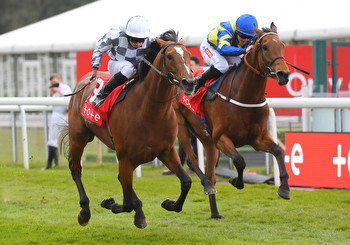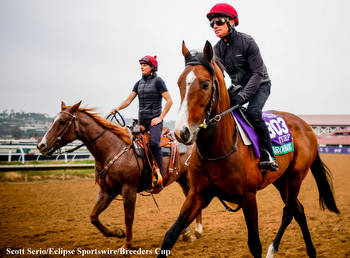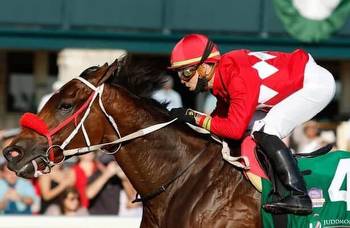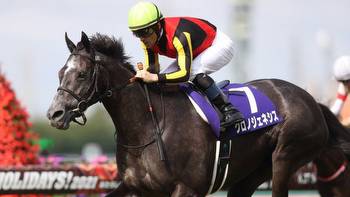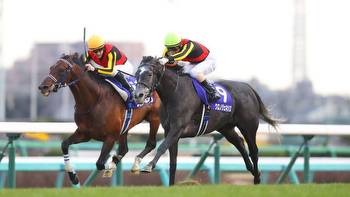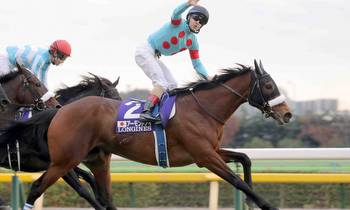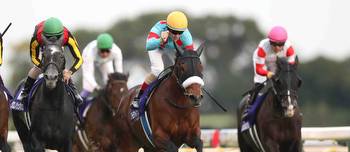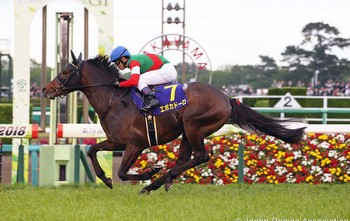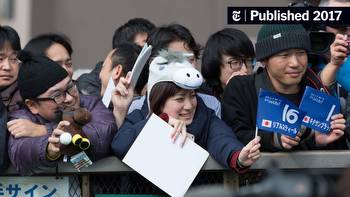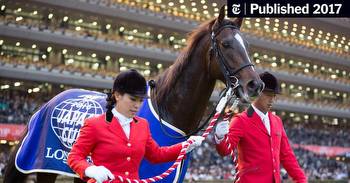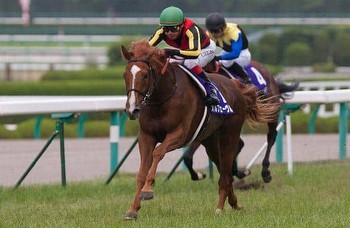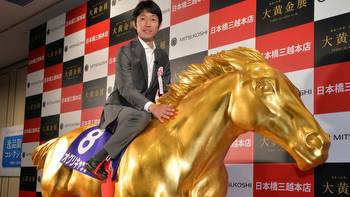Most Legendary Japanese Racehorses of All Time
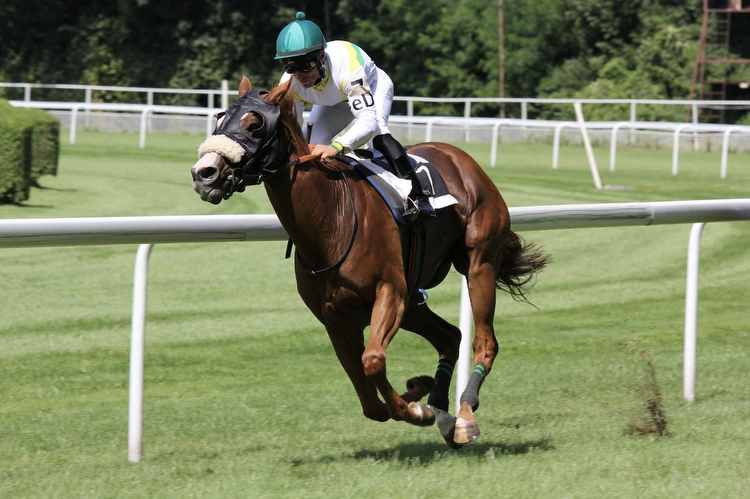
Japanese culture is often infectiously popular, with the country’s favorite things often catching on globally too. If you aren’t Japanese and doubt if that’s true, ask yourself how come you know what anime, manga, Pokémon, or Godzilla are? In the same way those Japanese franchises have a global following, Japanese horse racing is now also growing in popularity among fans and online gamblers.
Japanese pop culture is so influential that one of the reasons for the growing appeal of horse racing is the massively successful multimedia gaming franchise, Uma Musume Pretty Derby — which features a novel story where great racehorses of the past have a chance to be reborn as “horse girls”.
Between that, the wide selection of Japanese betting sites for horse racing available now, and the country’s proud history of brilliant jockeys, trainers, and iconic horses, the sport is more popular than ever in Japan. In honor of that growing popularity, here’s a look at six of the most legendary Japanese racehorses of all time.
This horse was a mixture of immense talent, power, and unpredictability that made its feats that much more exciting since you never knew what you were going to get on the day. He was best known for his triumphs in France as a multiple winner of the Prix Foy. As a precursor race to the Prix de l’Arc de Triomphe, Orfevre’s dominance in the Foy often meant he entered the Arc as favorite.
However, in a memorable race, having built up a lead with 200 meters to go, he pivoted too close to a rail and ended up losing the Arc that year by a neck. The next year, after winning the Foy for a second year in a row, he was again the favorite for the Arc. However, this time, Orfevre left it too late and lost by five lengths. After going back to Japan, he took part in his final race and was watched by more than 100,000 spectators as he won it by a full eight lengths.
Boasting the highest Timeform Rating for a horse trained in Japan (136), El Condor Pasa was bred in Kentucky and debuted in Japan in 1997. He dominated in his first seven races, winning six of them, and a Japan Cup in the process. By 1999 he competed in the Arc and entered it as a favorite having won the Foy in the lead-up.
El Condor Pasa seemed to have it in the bag since he had a three-length lead into the last straight. However, he was overtaken and beaten in the final 100 meters. Despite the loss, he was still a legend and his performance at the Paris Longchamp Racecourse led the way for future Japanese horses to do the same.
The daughter of Deep Impact, another iconic horse with a legendary reputation as a stud, Gentildonna was named Horse of the Year twice and boasted a wide range of wins. These included the Fillies Triple Crown, a rout of the Japanese 1000, the Oaks, and the Shuka Sho, all in the same year and while she was still a three-year-old.
That same year (2012), she competed in the Japan Cup, where she beat out none other than Orfevre. Amid controversy that saw Orfevre’s team contesting the victory, the next year, Gentildonna proved it was no mistake as she won it again, becoming the first horse to do so. Showing remarkable poise and balance, her many stunning victories immortalized her as one of Japan’s best-loved horses of all time.
She won the Japan Cup in 2018, and by 2019 was a celebrity horse, before repeating the feat in 2020 in remarkable style. She’d won nine grade 1 events by the time of her retirement, but Almond Eye’s greatest performance will always remain her final race where she came up against a pair of undefeated three-year-olds.
Despite all that spice, it was an outsider that set the pace and was well in front. Almond Eye performed a remarkable comeback with 500 meters left as she made up the gap and managed to win by a length. That victory came in addition to already having won the Dubai Turf, and the Tenno Sho twice, setting a world record at the 2018 Japan Cup by beating the time for a 2400-meter turf race by over a second. Twice being named the Horse of the Year, Almond Eye retired as the highest-earning thoroughbred ever.
He’s probably the most famous racehorse in Japan and is many people’s choice for the greatest ever. Sporting a 14-race career, Deep Impact only lost twice in all those races. As the son of a Kentucky Derby winner (Sunday Silence), he secured the Triple Crown for Japan in 2005. Remarkably, he was also the first horse that managed to do so undefeated, since Symboli Rudolf way back in 1984.
Despite this amazing career trajectory, his unexpectedly disappointing performance at the 2006 Arc saw him finishing third despite being the overwhelming favorite. Adding controversy to the story, he was later also disqualified after testing positive for a banned substance used to treat respiratory problems.
Despite returning home in shame, he later produced the standout race of his career as he won the Japan Derby by two lengths. He retired in 2006 and was crowned the Japanese Champion Sire for 10 consecutive years between 2012 and 2021, despite his untimely death shocking the nation in 2019. After suffering a cervical fracture, he had to be euthanized with the 2019 Japan Cup being named the Deep Impact Memorial in his honor.
A first crop of Kitasan Black, and now undoubtedly proving to be the world’s best racehorse, Equinox was dominant in 2023, winning all his races as a four-year-old, including The Dubai Sheema Classic, The Takarazuka Kinen, The Autumn Tenno Sho, and The Japan Cup, setting two records along the way.
His service fee for 2024 was announced on 7 December and beat Contrail and Deep Impact’s record by 12,000,000 JPY, as he now has the highest service fee for any first-year sire. The current Horse of the Year, he retired in 2023, and will surely go down as one of the greatest, if not, the greatest Japanese racehorse in history.
Not only are Japanese horse racing and betting on it rapidly becoming more popular, but consistently amazing performances by their iconic horses have led to them often dominating prestigious events. With many iconic horses and trainers over the years, Japanese horses are now often favorites at highly prized international races.
Given the immense heritage Japanese racehorses have garnered for themselves, their popularity seems set to keep growing. As the performances keep improving and the records keep tumbling, fans of the sport can’t wait to see who Japan’s next iconic racehorse will be.
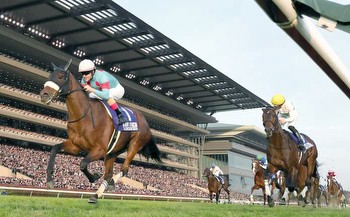
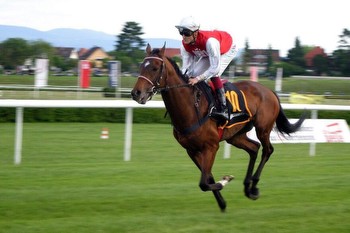





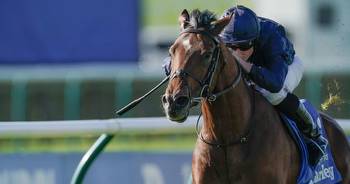
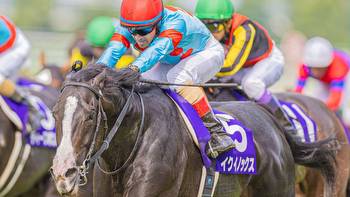

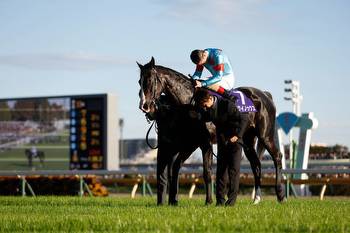
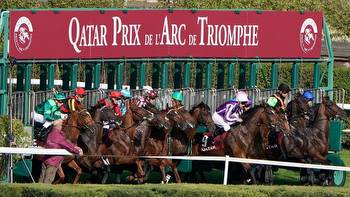

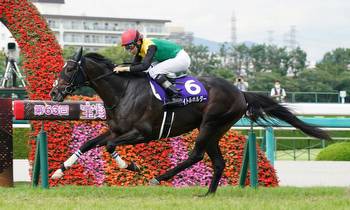
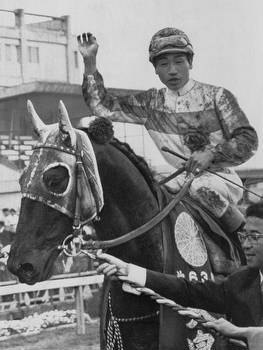
![[ODDS and EVENS] T O Royal, Titleholder and Deep Bond Are Among Top Entrants for Tenno Sho](/img/di/odds-and-evens-t-o-royal-titleholder-and-deep-bond-are-among-top-entrants-for-tenno-sho-3.jpg)
